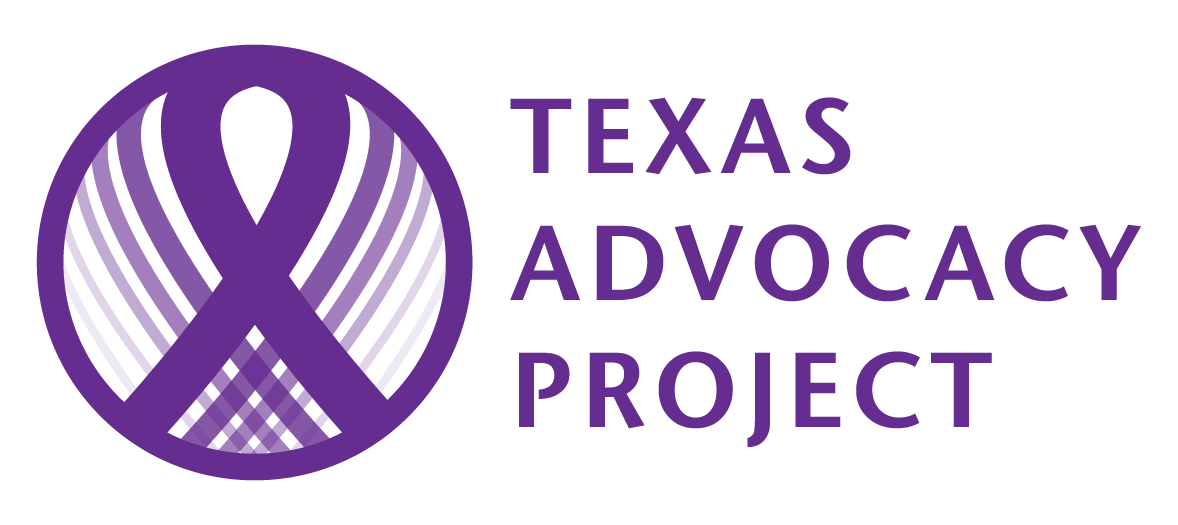GET HELP NOW: Call 800-374-HOPE | Apply for Services Online/Solicitar Servicios en Línea
Email Us | Donate | Email List Sign Up | En Español
Upcoming Events | Teen Ambassadors of Hope | Black & White Ball | Handbags for Hope
If You are a Teen
Dating violence, also called relationship abuse, is a pattern of over-controlling behavior that someone uses against a girlfriend, boyfriend, or partner. Dating violence can take many forms, including mental/emotional abuse, physical abuse, and sexual abuse.
You don’t have to be physically abused to experience dating violence.
Dating violence can happen in any type of relationship- straight, gay, lesbian, bisexual, or queer- and in both casual dating situations and serious, long-term relationships.
Boys, girls, non-conforming and non-binary youth can all be victims.
Relationship violence is an epidemic
- One-third of teens report experiencing some kind of abuse in their romantic relationships, including verbal and emotional abuse.
- Four out of five students report that they have experienced some type of sexual harassment in school.
- 83% of girls and 79% of boys report having ever experienced harassment.
- For many students sexual harassment is an ongoing experience: over 1 in 4 students experience it "often."
- These numbers do not differ by whether the school is urban or suburban or rural.
- 76% of students have experienced non-physical harassment while 58% have experienced physical harassment. Non-physical harassment includes taunting, rumors, graffiti, jokes or gestures.
Abuse isn't just hitting – it’s also
- yelling,
- threatening,
- name calling,
- saying "I'll kill you or myself if you leave me,"
- obsessive phone calling, texting, or paging, and/or
- extreme possessiveness.
You may experience dating violence even if you are not being physically abused.
Stay Safe: How can I stay safe from an abusive dating partner?
Develop a Safety Plan: Safety Plan for Teens

